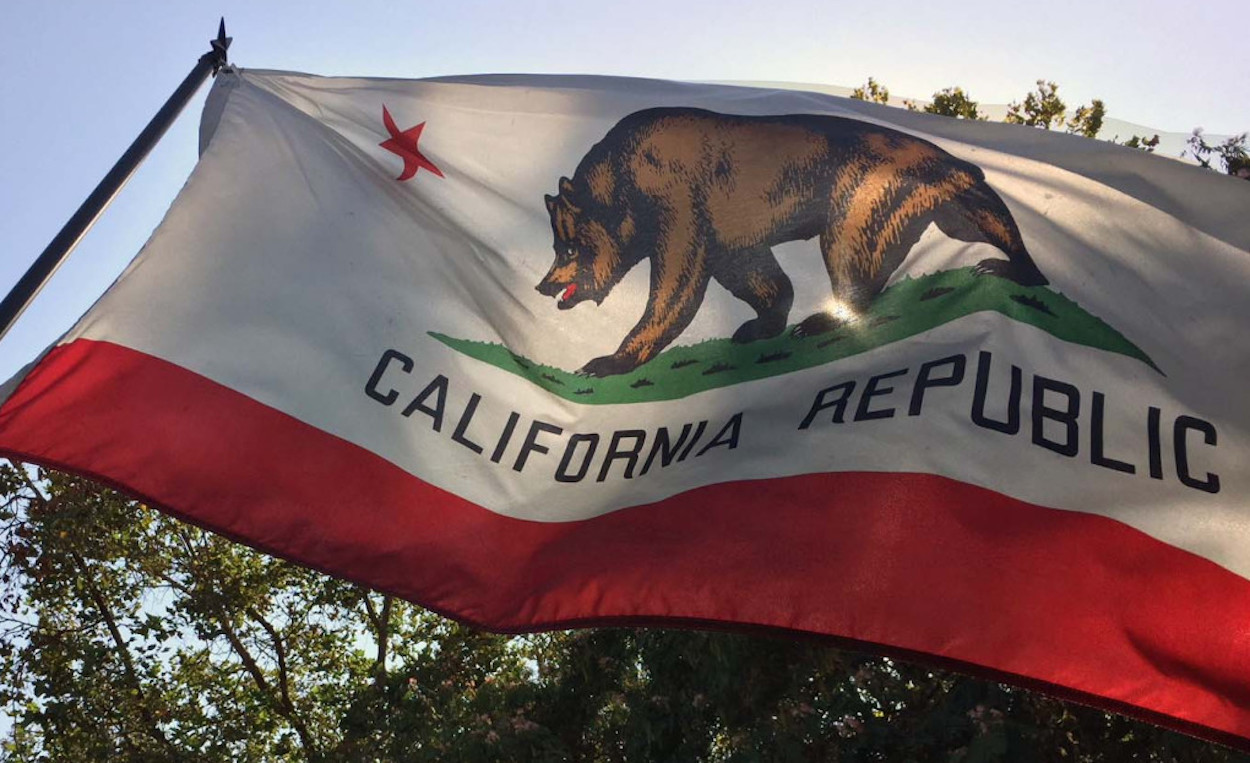A new law to help slow drivers down using speed cameras will go into effect come the new year thanks to a bill signed by Gov. Gavin Newsom.
Those cameras will be installed in three cities in Southern California as a part of the pilot program.
With the governor’s signature on AB 645, those speed cameras will be installed on what is considered a high injury road.
Get Southern California news, weather forecasts and entertainment stories to your inbox. Sign up for NBC LA newsletters.
The bill, signed by governor Newsom, will go into effect on January 1. The cities that will see those speed cameras are in Los Angeles, Glendale and Long Beach.
The cameras will automatically ticket drivers exceeding the posted speed limit by 11 miles per hour. A first offense comes with a warning, while the second offense will cost $50 dollars. Drivers who are considered to be low income can qualify for a discount in that ticket and and will pay $25 dollars.
Supporters and advocates say, without a doubt, these speed cameras will save lives.
“We know for certain speed cameras reduce speeding which reduces collision fatality and injuries by as much as 76% in some studies and some locations they are 100% they are effective in saving lives,” Damian Kevitt, with Streets Are For Everyone, said.
However, opposers to this pilot program say there are other ways to create safer streets than ticketing drivers after the fact.
The executive director of the National Motorist Association says speed signs are more effective and he advocates for protective cross walks.
He says this pilot program will impact the average citizen, not the drivers who are driving recklessly.
“Our laws are predicated on the idea that most people can recognize a reasonable speed and most people comply with that. It is the outliers, the people beyond that are supposed to be the target of ticketing. Unfortunately this program does not do that, this program targets people who are driving the way the government built the road,” Jay Beeber of the National Motorist Association said.
As for where these cameras will be installed, the pilot program will require community support to determine locations.
While this new law goes into effect on Jan. 1, those cameras will not be up until the summer or even later on in the year.



